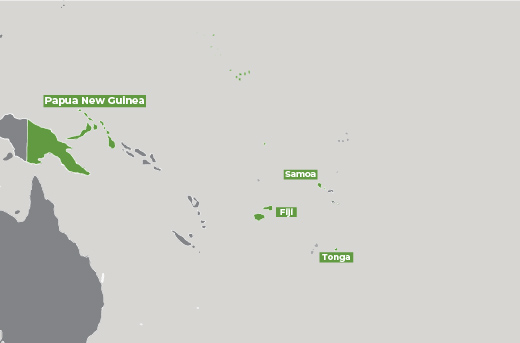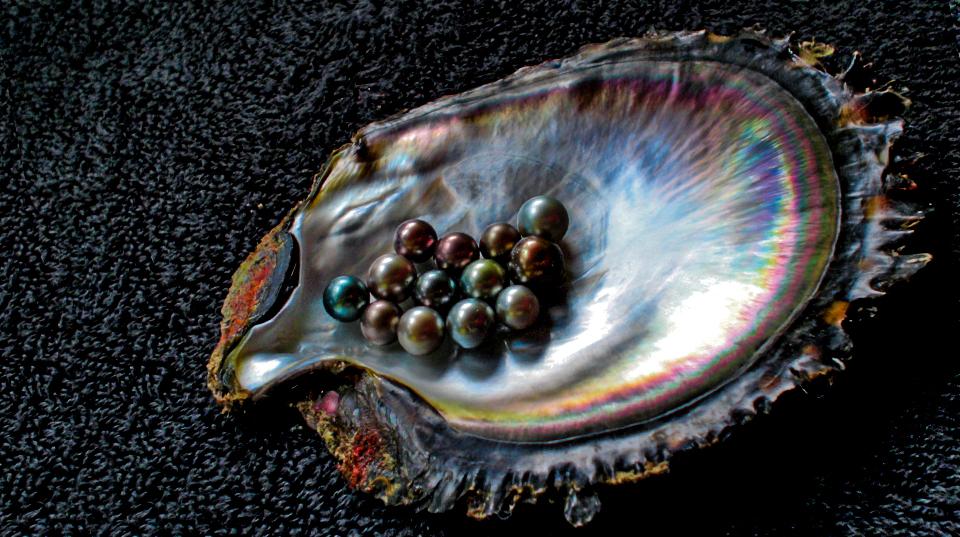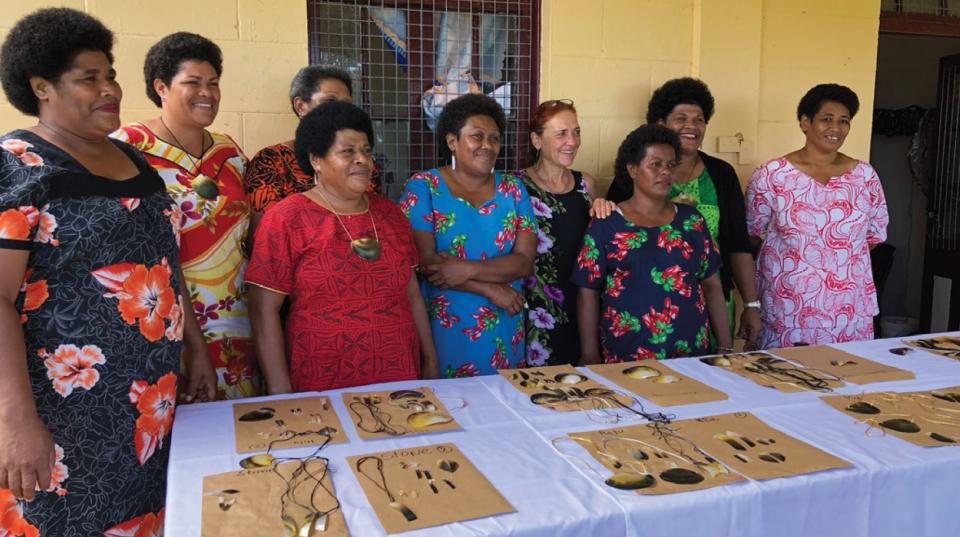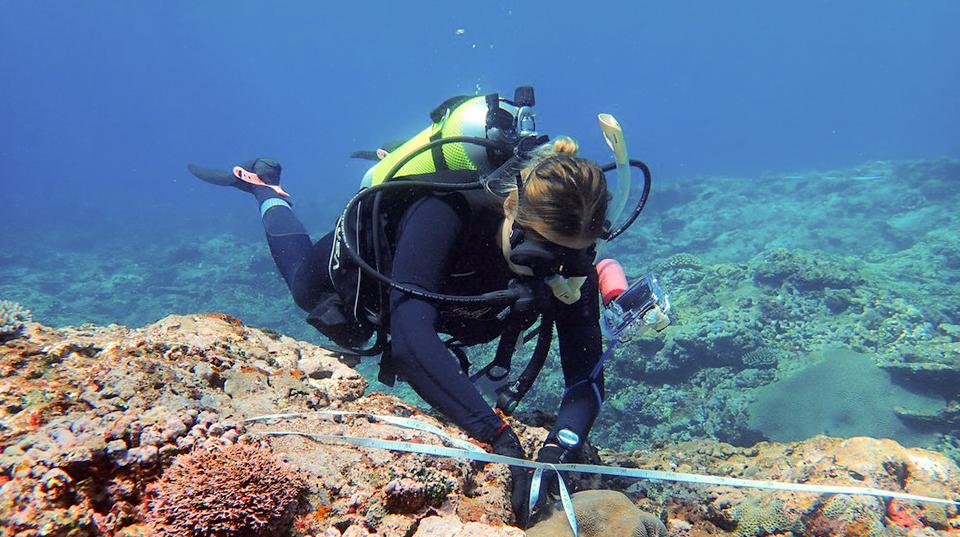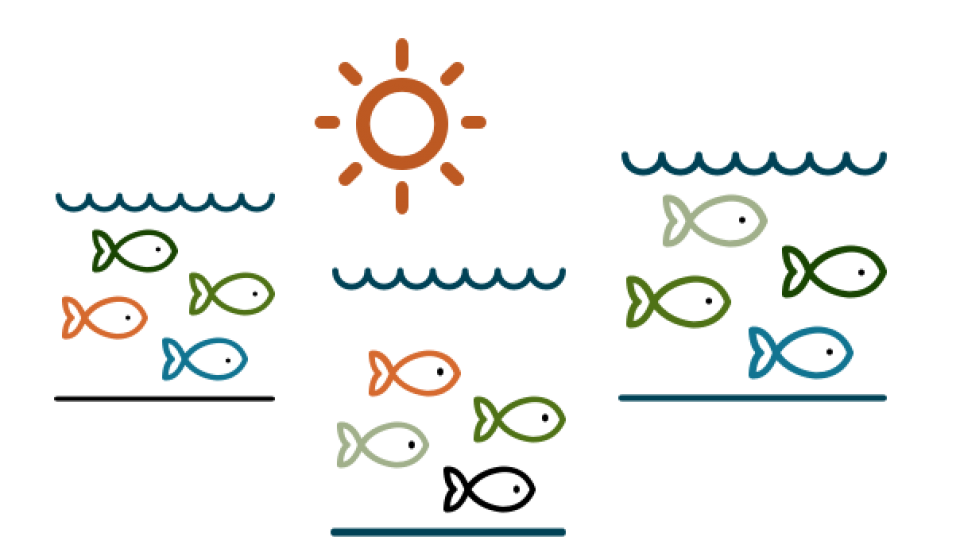Overview
This project aims to improve and expand production and sales, develop improved business structures and opportunities, and strengthen governance frameworks and markets for the artisanal mabé pearl and pearl shell handicraft sectors in the Pacific.
It builds on the collective outputs of FIS/2014/060, FIS/2016/128, and FIS/2018/129 and it represents the culmination of a number of ACIAR projects focused on developing community pearl-based livelihoods.
There is opportunity to expand and consolidate the mabé pearl and shellcraft livelihoods and business sectors in Fiji, Tonga, and Papua New Guinea (PNG) based on strong interest from communities, women’s social collectives, business entrepreneurs, family groups, youth, cross-agency government support, and strong international and domestic demand for the products. The Samoan government has also requested that ACIAR assist them build on previous training done in FIS/2016/128 using the abundant trochus shell for mother-of-pearl (MOP) products.
Further development of existing markets for mabé pearl and pearl shell handicrafts and identification of new opportunities will require improved understanding of current and prospective markets and channel structures, buyer requirements, capacity for order fulfillment and supply. As well as improved market knowledge, another key requirement for further sustainable development of the ‘pearl livelihoods’ sector is transition towards self-sustaining small businesses through improved business and merchandising skills and development of business networks.
Profitable development and long-term sustainability of the pearl livelihoods sector will depend on appropriate understanding within responsible agencies of factors such as sustainable supply, quality control, branding and marketing, as well as improved capacity to support sector development and sustainable production.
Expected project activities and outcomes
- Strengthening the business and technical capacity of mabé pearl and shellcraft-based community enterprises and small businesses, especially for women and girls, producing and selling commercially viable, market differentiated products to diverse domestic and international consumers for Fiji and Tonga
- Establishing shellcraft-based community enterprises and small businesses in PNG and Samoa, especially for women and girls, producing and selling commercially viable, regionally differentiated products to domestic and tourist-based consumers, supported by sustainable sourcing of shell
- Improving market knowledge and market access
- Developing production best practice (Fiji and Tonga)
- Further developing the mabé pearl and shellcraft sectors in PNG
- Supporting transition to self-sustaining small businesses
- Improving in-country capacity supporting sustainable sector development
- Understanding women’s enterprise success and impacts.
